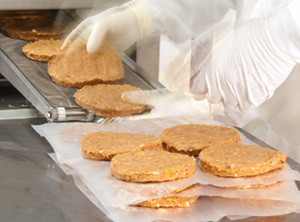 nd of pan-European testing for horse meat DNA in beef products showed only 0.61 percent of samples testing positive, the European Commission said in a statement on Thursday.
nd of pan-European testing for horse meat DNA in beef products showed only 0.61 percent of samples testing positive, the European Commission said in a statement on Thursday.In April this year, the member states of the European Union (EU) were recommended to detect the extent of the mislabeling and 2,622 tests were carried out by the competent authorities in the 28 EU countries, Norway, Iceland and Switzerland.
Of those tests, only 16 revealed positive traces of horse meat DNA, or 0.61 percent of the samples. This is a considerable improvement on the results of the first round of coordinated controls carried out in 2013, when 4.6 percent of samples tested returned traces of undeclared horse meat.
The testing scheme was co-financed at 50 percent by the European Commission.
EU Commissioner for Health Tonio Borg said "Today's findings confirm that our collective efforts are bearing fruit and that increased controls to uncover food fraud are having real impact."
"Restoring the trust and confidence of European consumers and businesses in our food chain is vital for our economy given that the food sector is one of the EU's largest economic sectors," said Borg, adding "I believe that this on-going work will continue to pay dividends."
All the 16 cases are being followed-up by the competent authorities in the member states concerned with appropriate enforcement measures and penalties, the statement said.
In 2013 the horse meat scandal made headline news across Europe and further afield. The story that horse meat was being passed off as beef exposed an issue of fraudulent labelling motivated by the prospect of gain.





